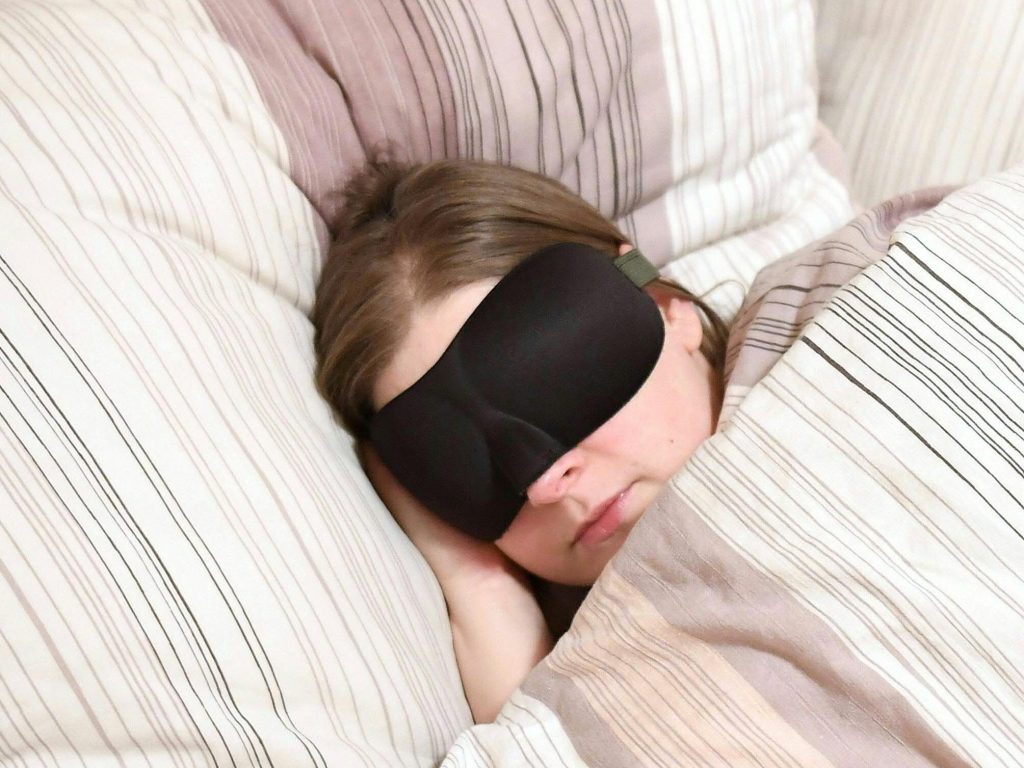According to an American study, it is easy to lose weight while you sleep.
© APA / HELMUT FOHRINGER (avatar)
Lack of sleep is more likely to lead to weight gain. US researchers have now shown in an experiment that an extra 1.2 hours of sleep leads to a reduction of energy intake by 270 calories per day.
Despite dozens of different diets – from low-carb, low-fat diets to ancient “Stone Age” diets and the elimination of simple dinners – the rate of obesity is increasing all over the world. It has been known for years that poor sleep is more closely related to being overweight. American scientists have now demonstrated in a practical experiment: that an extra 1.2 hours of sleep leads to a reduction of energy consumption by 270 calories per day in the test subjects.
An American study: Losing kilograms is easier with more sleep
“There is well-established evidence that regular sleep of less than seven hours per night is associated with negative health effects. In particular, insufficient sleep is increasingly recognized as a significant risk factor for obesity. (…) On the other hand it remains unclear whether Increasing sleep duration could be an effective strategy for preventing obesity or weight loss,” write Esra Tasali and co-authors from the University of Chicago Department of Public Health in the Journal of the American Medical Association (JAMA Internal Medicine). The study is currently one of the most widely read current scientific studies by physicians in the USA.
Middle-aged participants sleep less than 6.5 hours
Epidemiological observations are one thing, and empirical evidence quite another: between the beginning of November 2014 and the end of October 2020, scientists conducted a study of 80 test subjects. 41 of them are men. All participants were overweight with a body mass index (BMI) between 25 and 29.9. A BMI above 30 is considered obese. The participants, who had an average age of 29.8 years, typically slept less than 6.5 hours per night.
People who tried to sleep 8.5 hours a night
In the clinical study, half of the group (which was randomly selected) were encouraged to get up to 8.5 hours of sleep per night as possible through bedtime counseling and hygiene procedures. Weight, power consumption, energy consumption, etc. were carefully monitored using technical means. The same is true for sleep duration. After a two-week initiation phase without intervention, the actual study continued for another two weeks. The participants stayed at home and went about their normal lives as usual.
The group with more sleep consumed significantly less energy
The evaluation showed a significant and potentially important effect of obesity prevention and weight loss. Scientists: “The group that got more sleep showed a significant reduction in energy intake (minus 270 calories per day) compared to the control group. There was no significant effect of this ‘treatment’ on energy expenditure (…). Improving or ensuring that A healthy sleep pattern for longer periods can be part of obesity prevention and weight loss programs.”
Sleep seems to suppress appetite
More sleep appears to curb appetite, because diets etc were of course avoided in the study. Even small regular changes in calorie intake (also in calorie consumption) have a long-term effect on body weight. The study authors cite scientific observations, according to which an increase in energy consumption by one hundred calories per day leads to a weight gain of 4.5 kg within three years.
Short-term in vitro experiments have yielded similar results
Short-term in vitro experiments have already led to similar indications regarding the effect of more sleep on the energy intake of the test subjects. “To our knowledge, this study is the first to provide evidence of a positive effect of increasing sleep duration to a healthy extent on objectively measured energy intake and body weight in test subjects in their normal living environment,” the experts said in the latest study as the investigation appeared firmly.
Austrians are ahead with 3800 calories a day
Statistics were published a few years ago, according to which Austrians, with approximately 3,800 calories per day, lead the world in terms of energy consumption. With only light physical activity, energy expenditure ranges from 2,000 to 2,400 calories for women, respectively. before men. Eating 270 calories less energy per day through more sleep would itself be a huge limitation without any diet. “Adieu, diets” can also be a catchphrase for future weight loss.

“Total coffee aficionado. Travel buff. Music ninja. Bacon nerd. Beeraholic.”







More Stories
Researchers detect extremely high-energy gamma rays
Anxiety disorders in old age increase the risk of dementia
Researchers are particularly fascinated by these exoplanets.